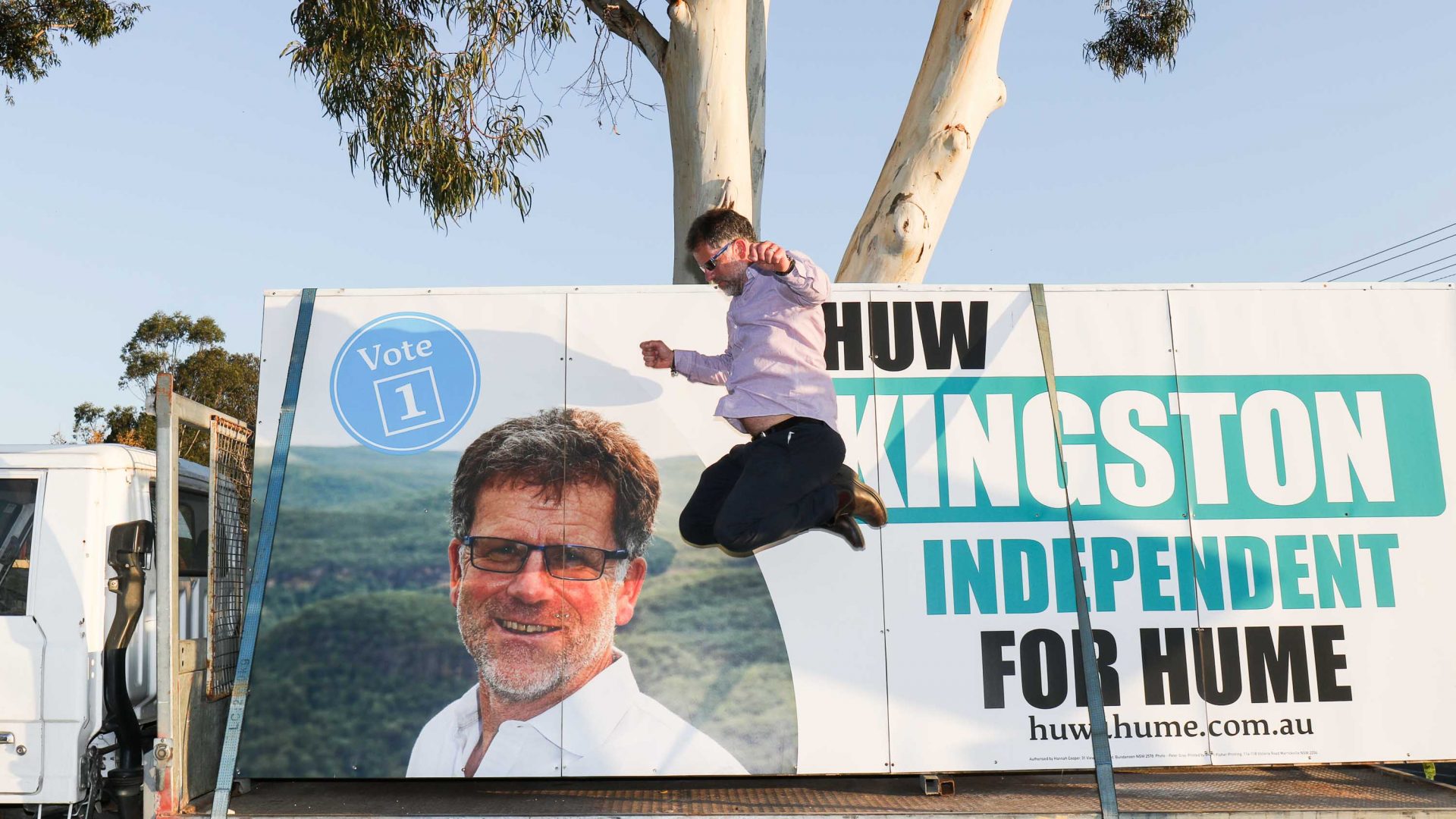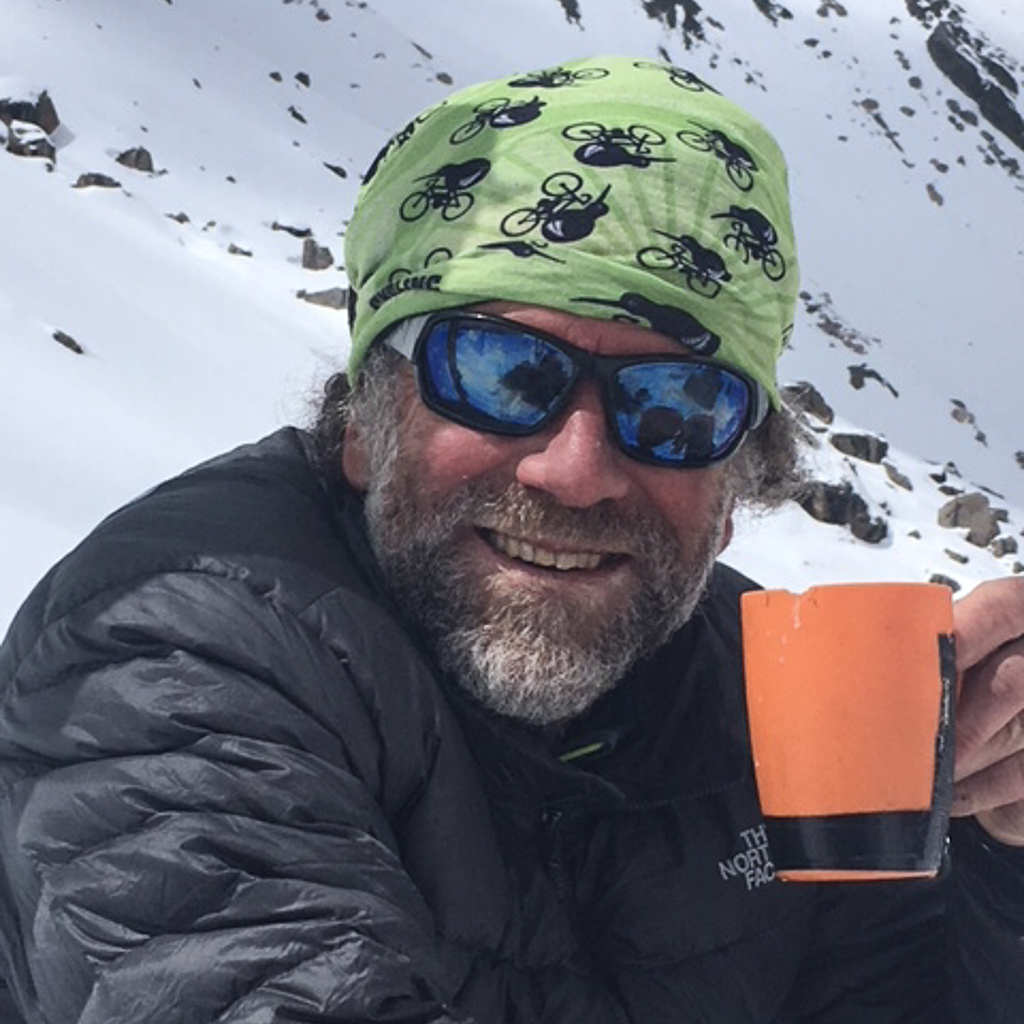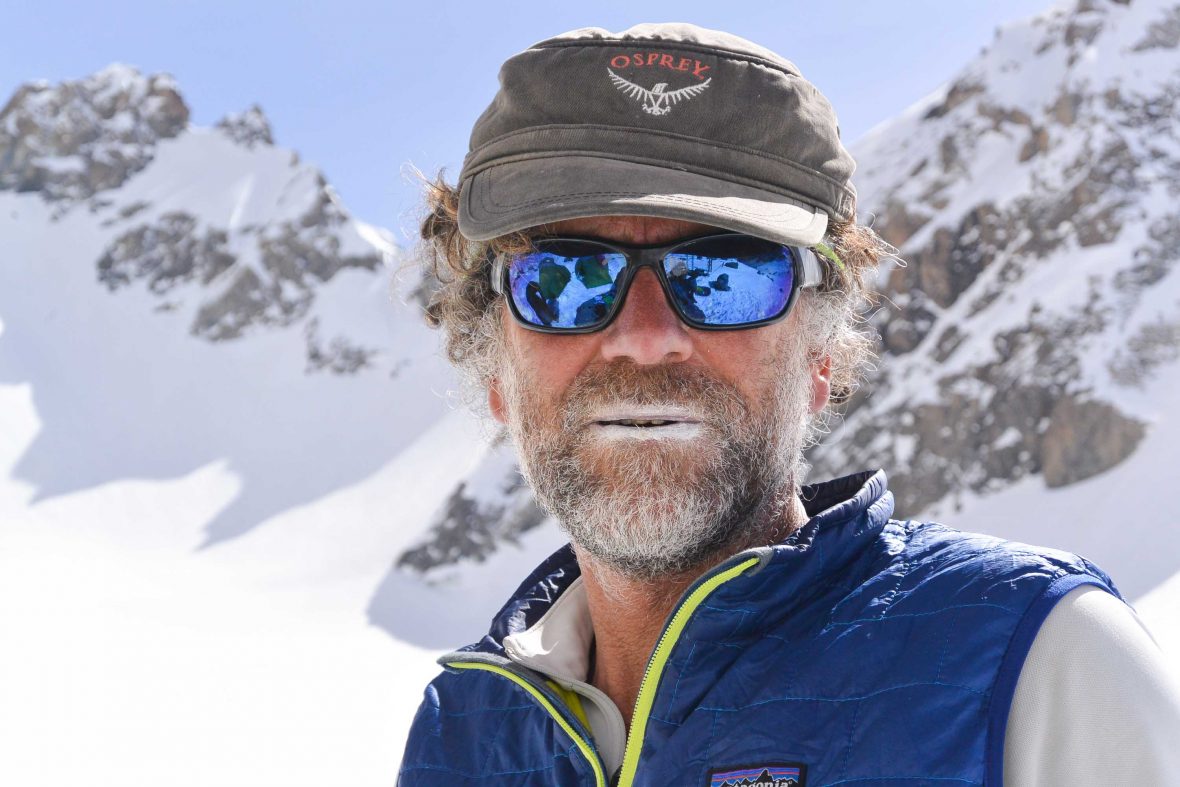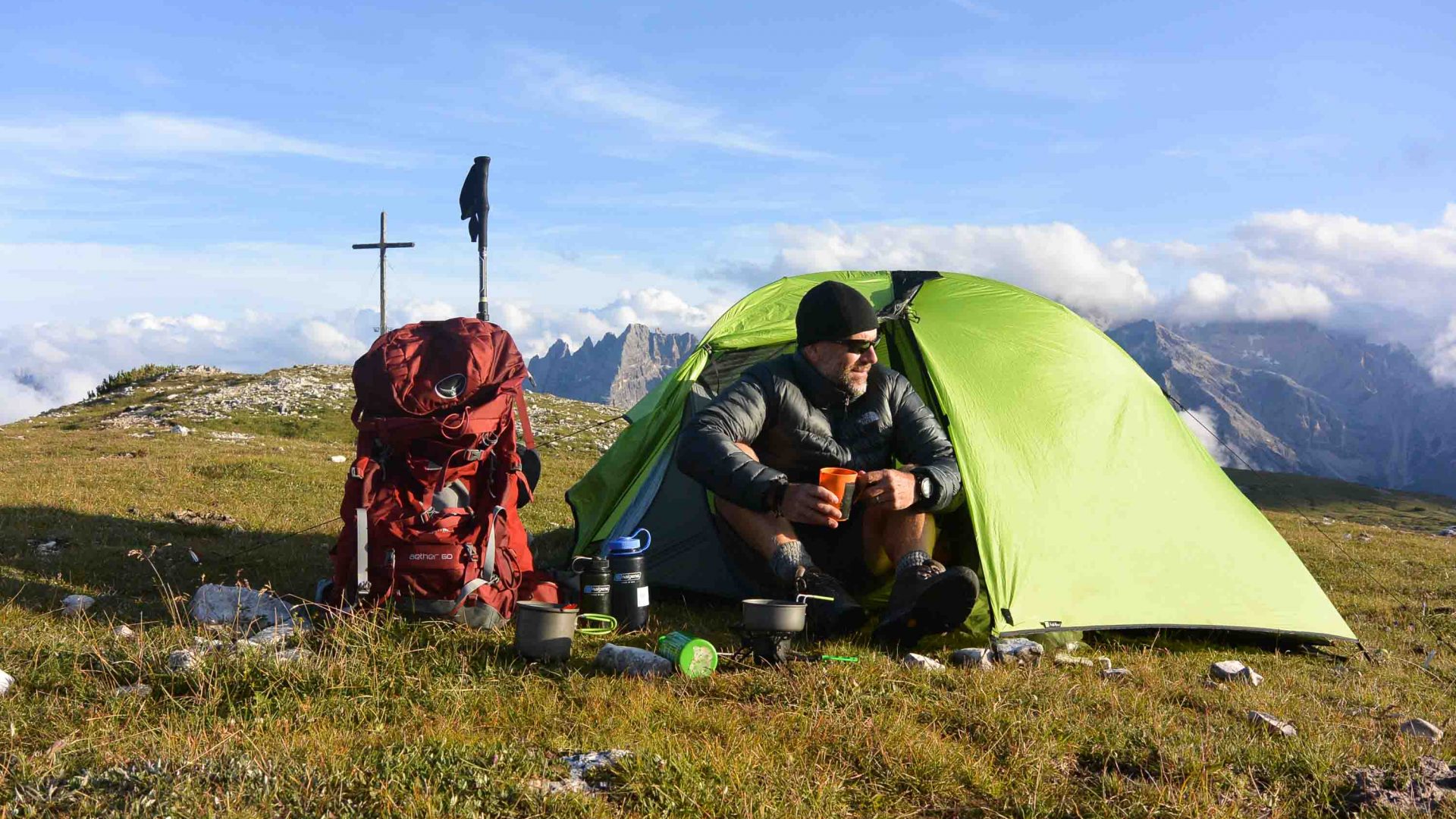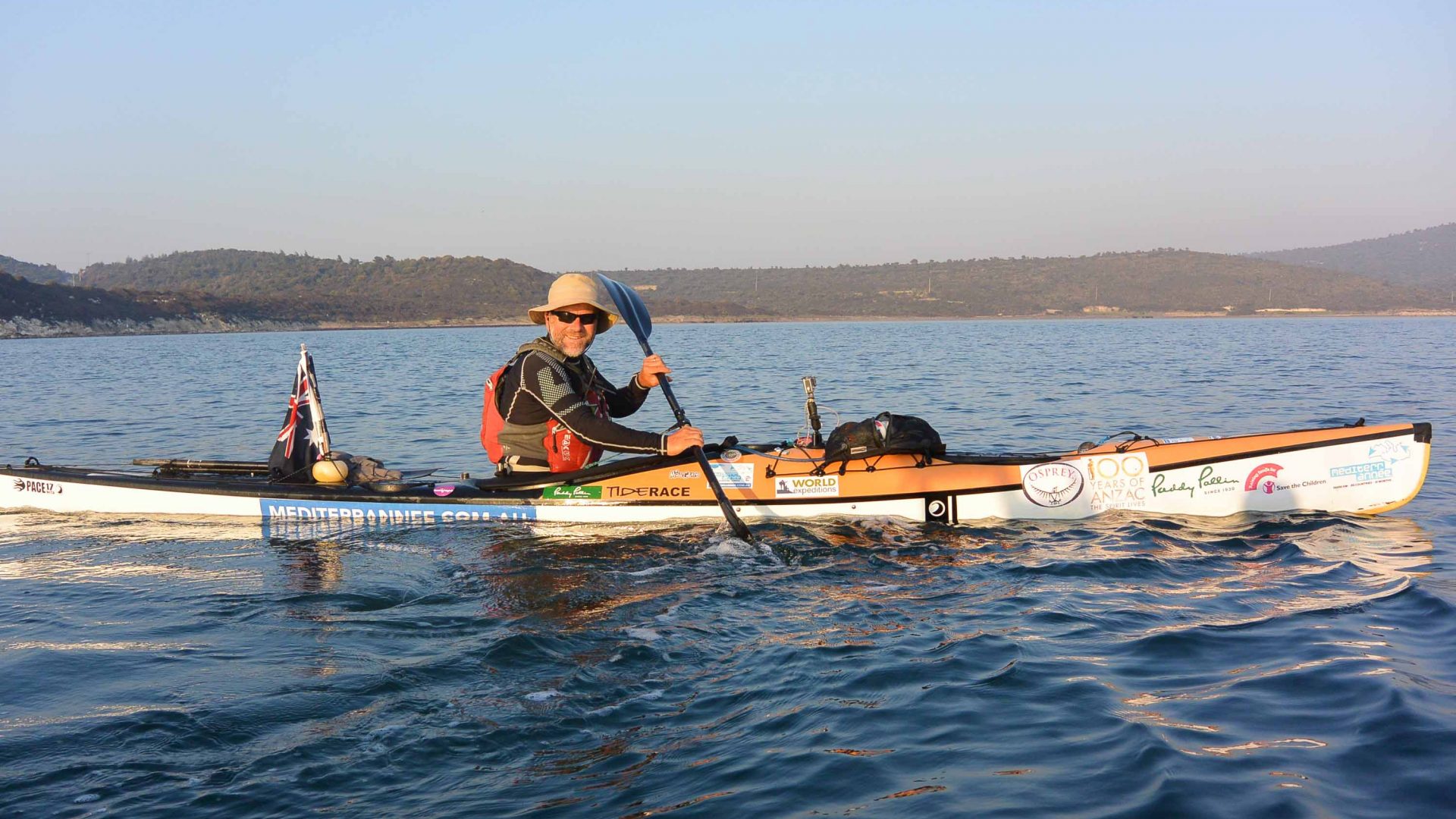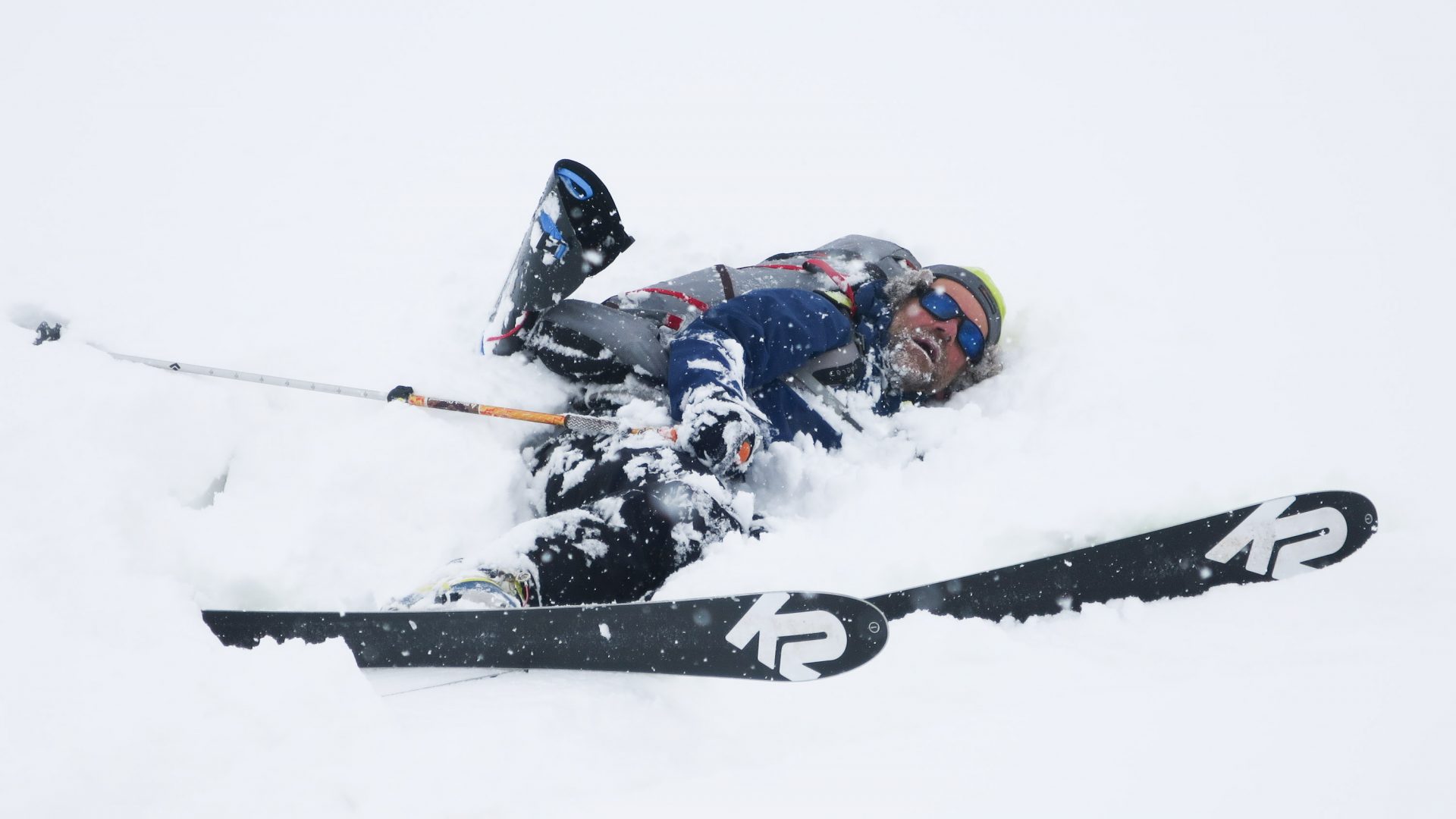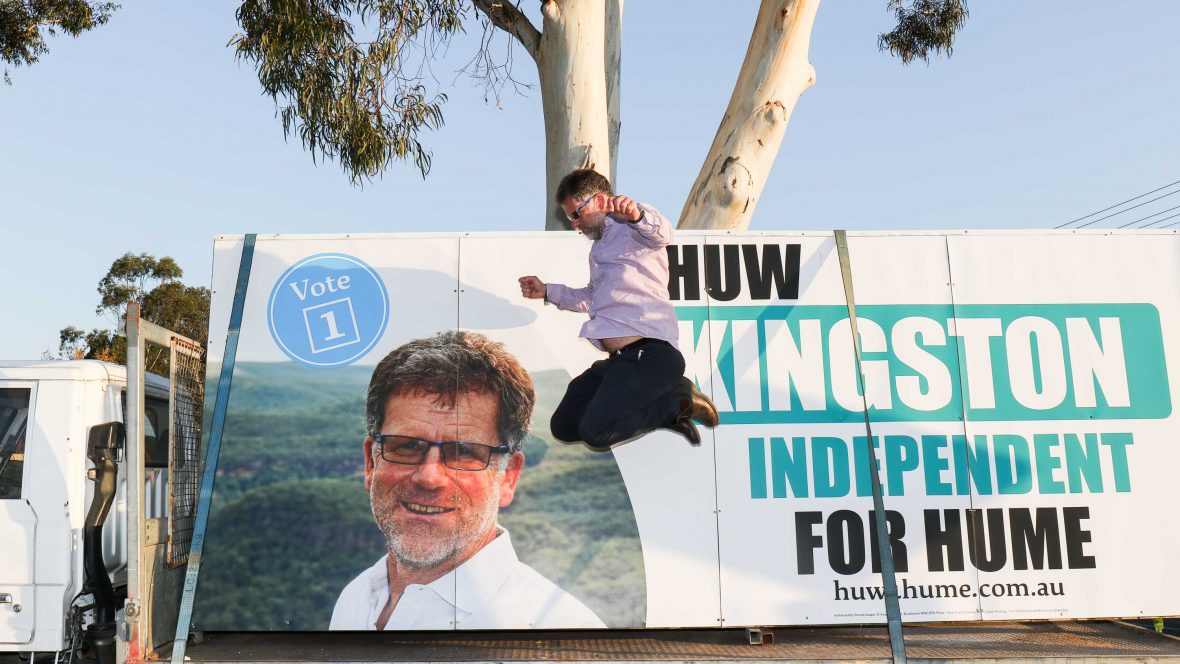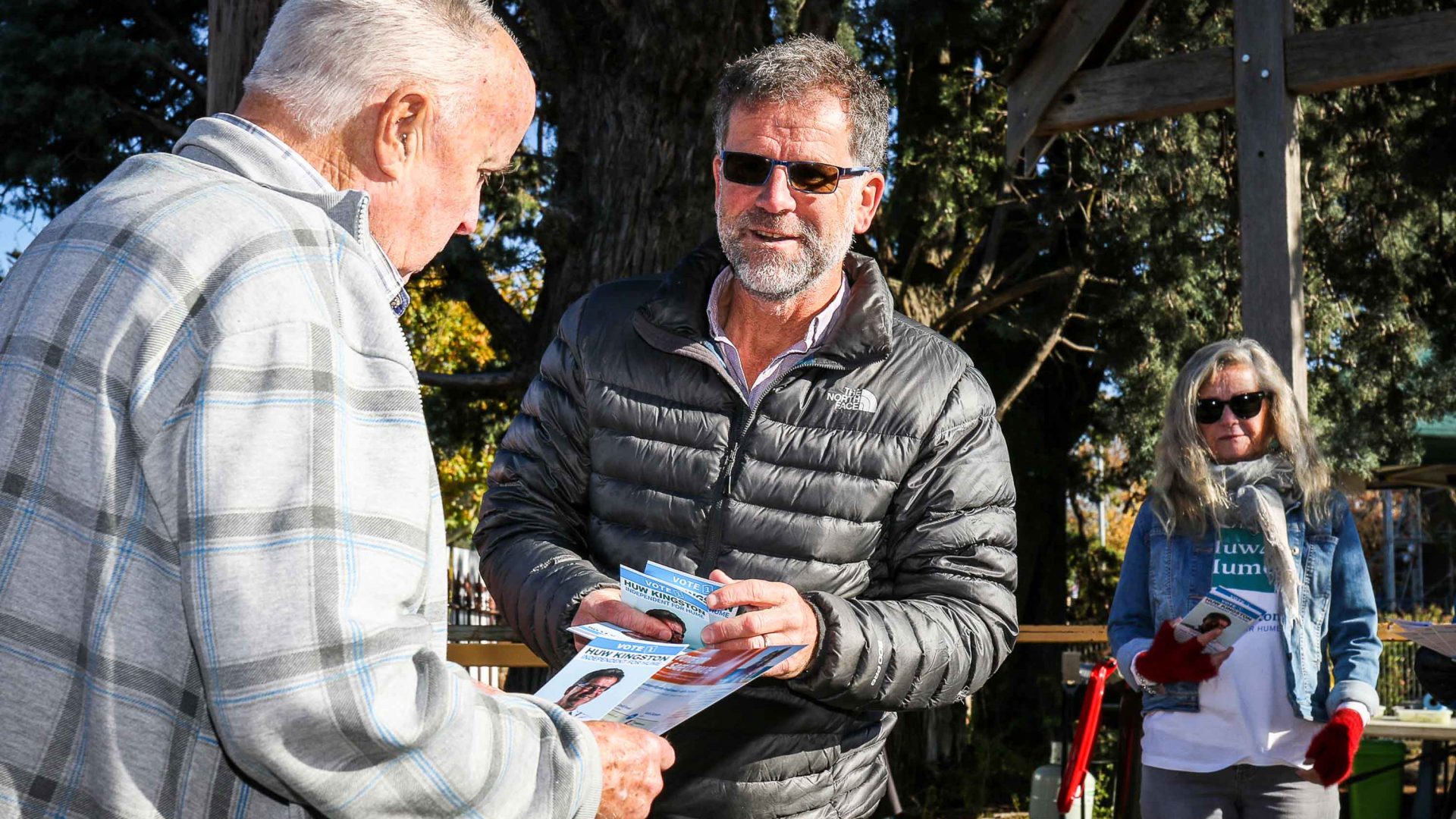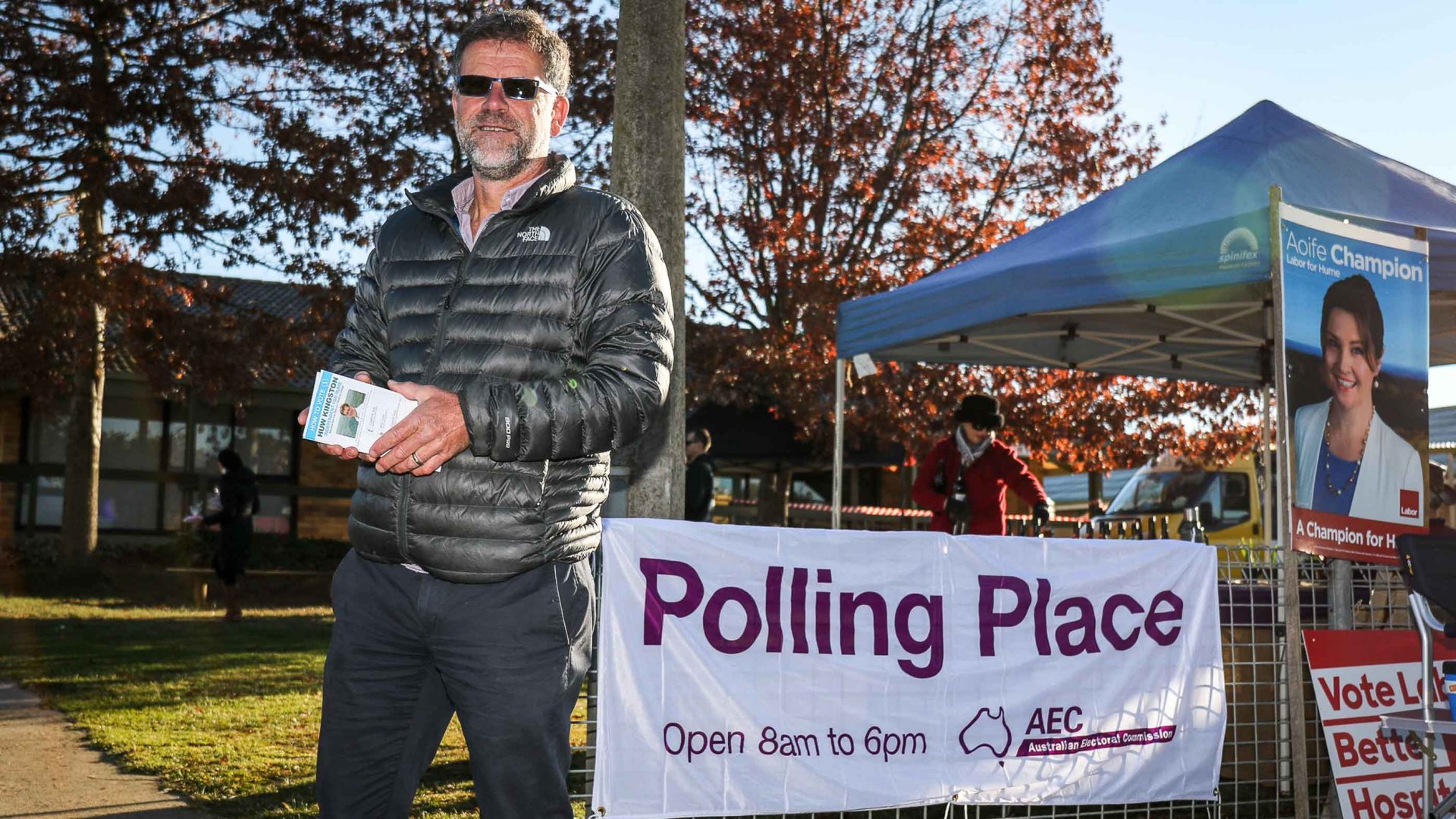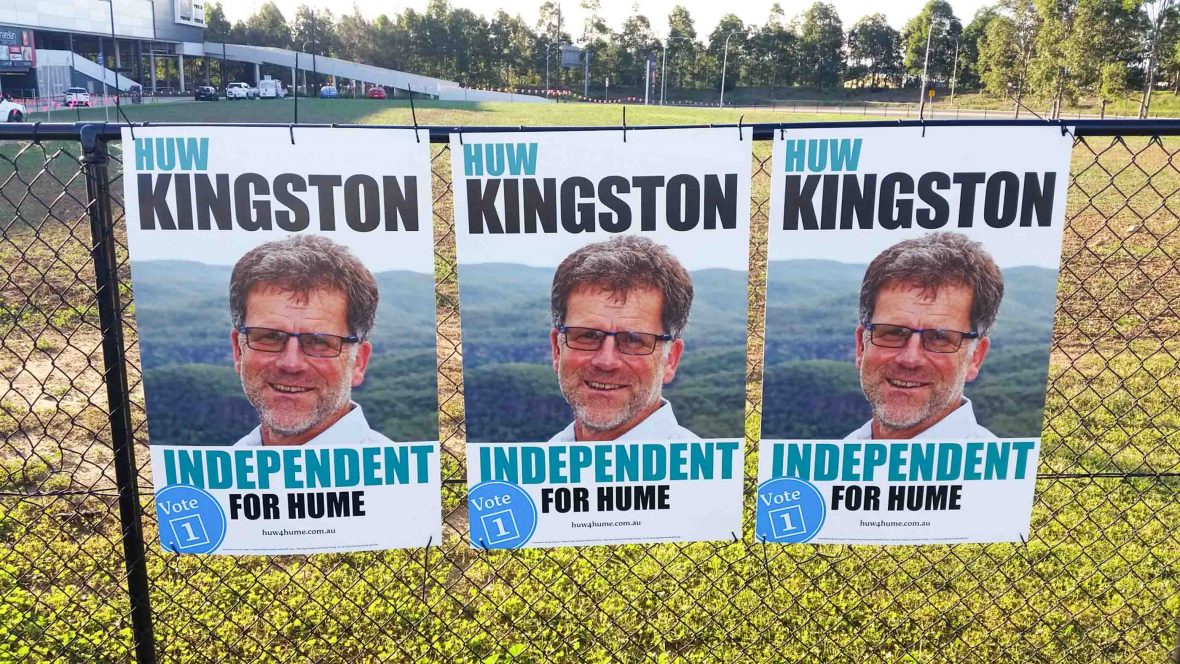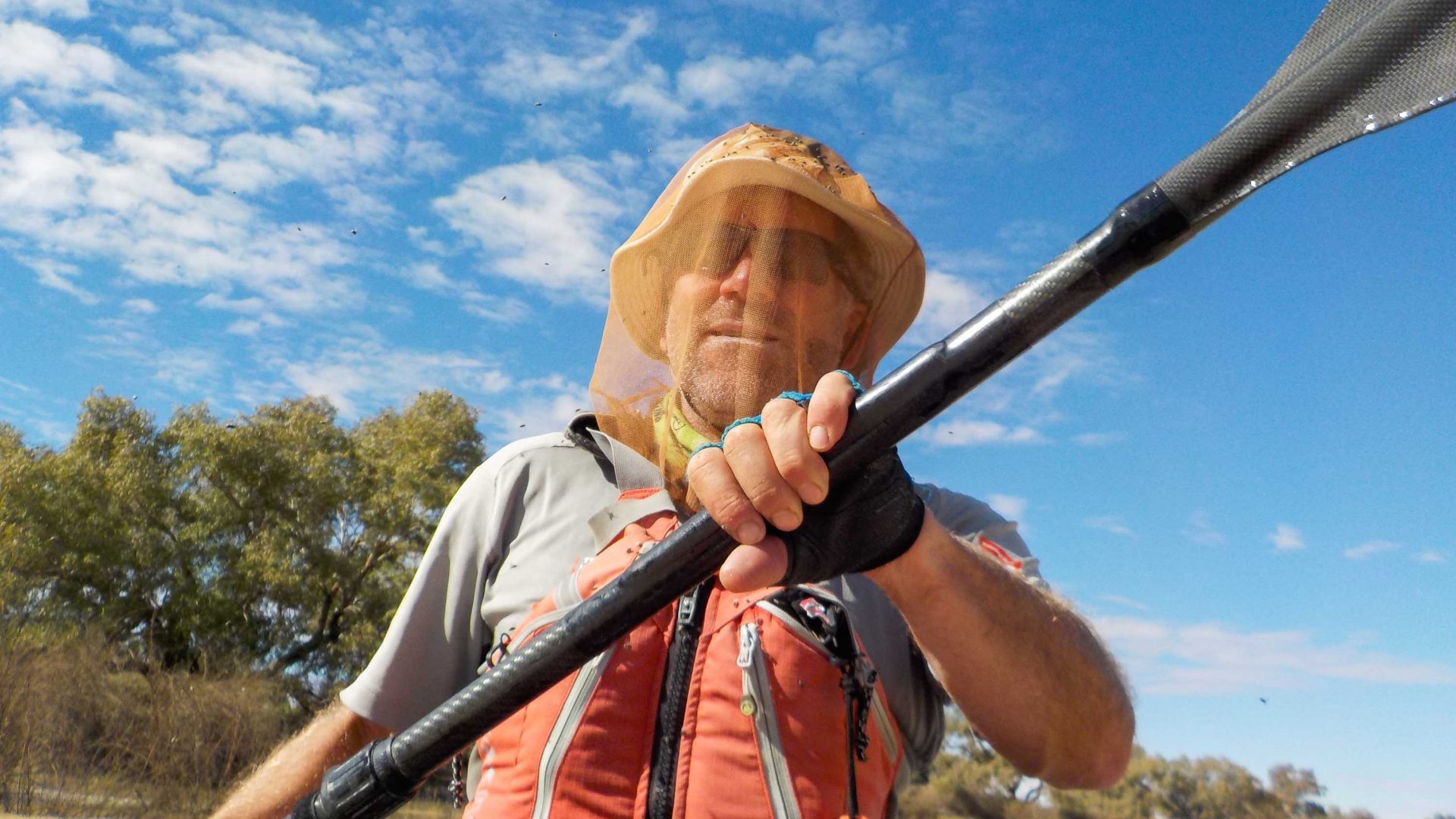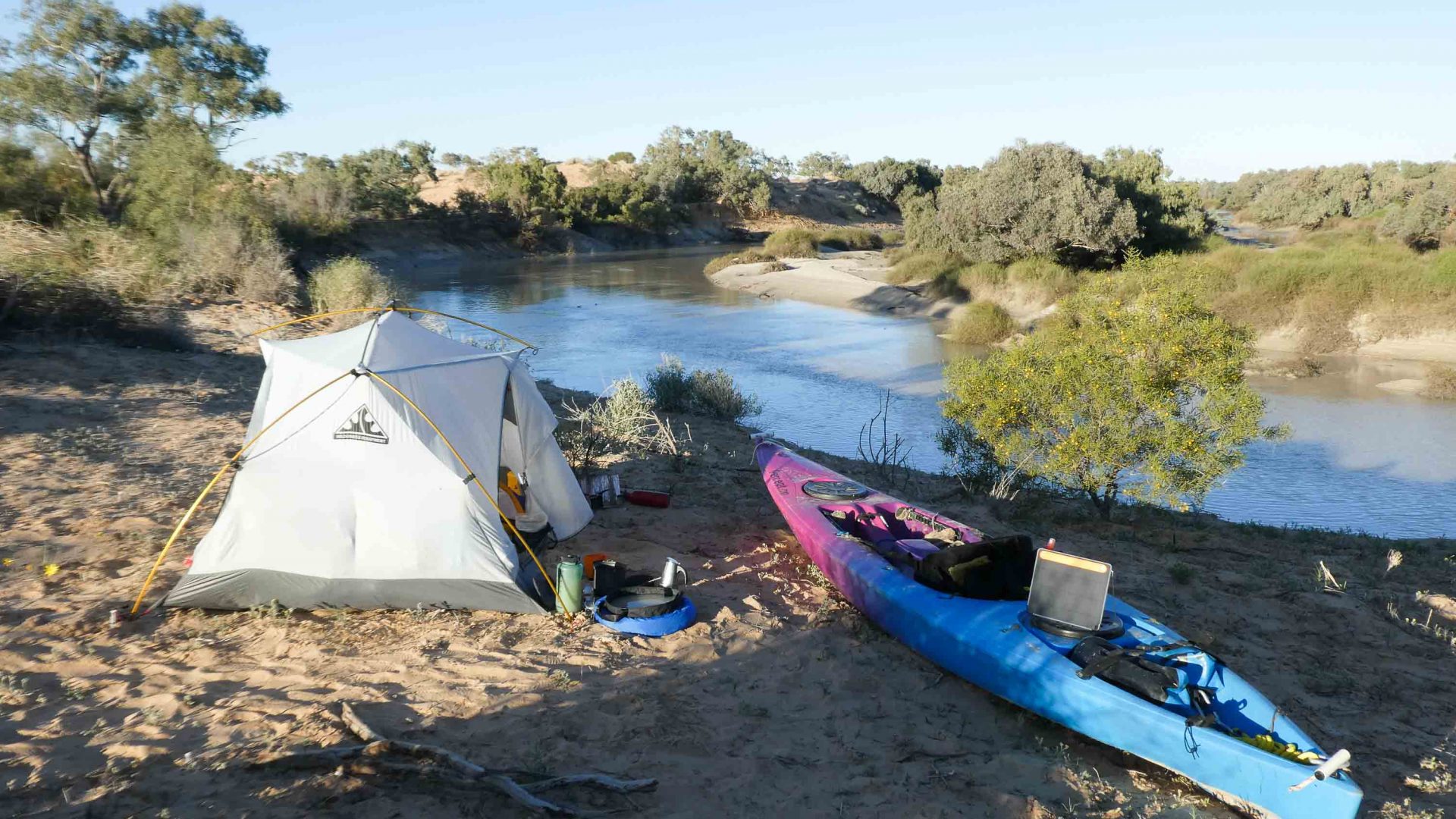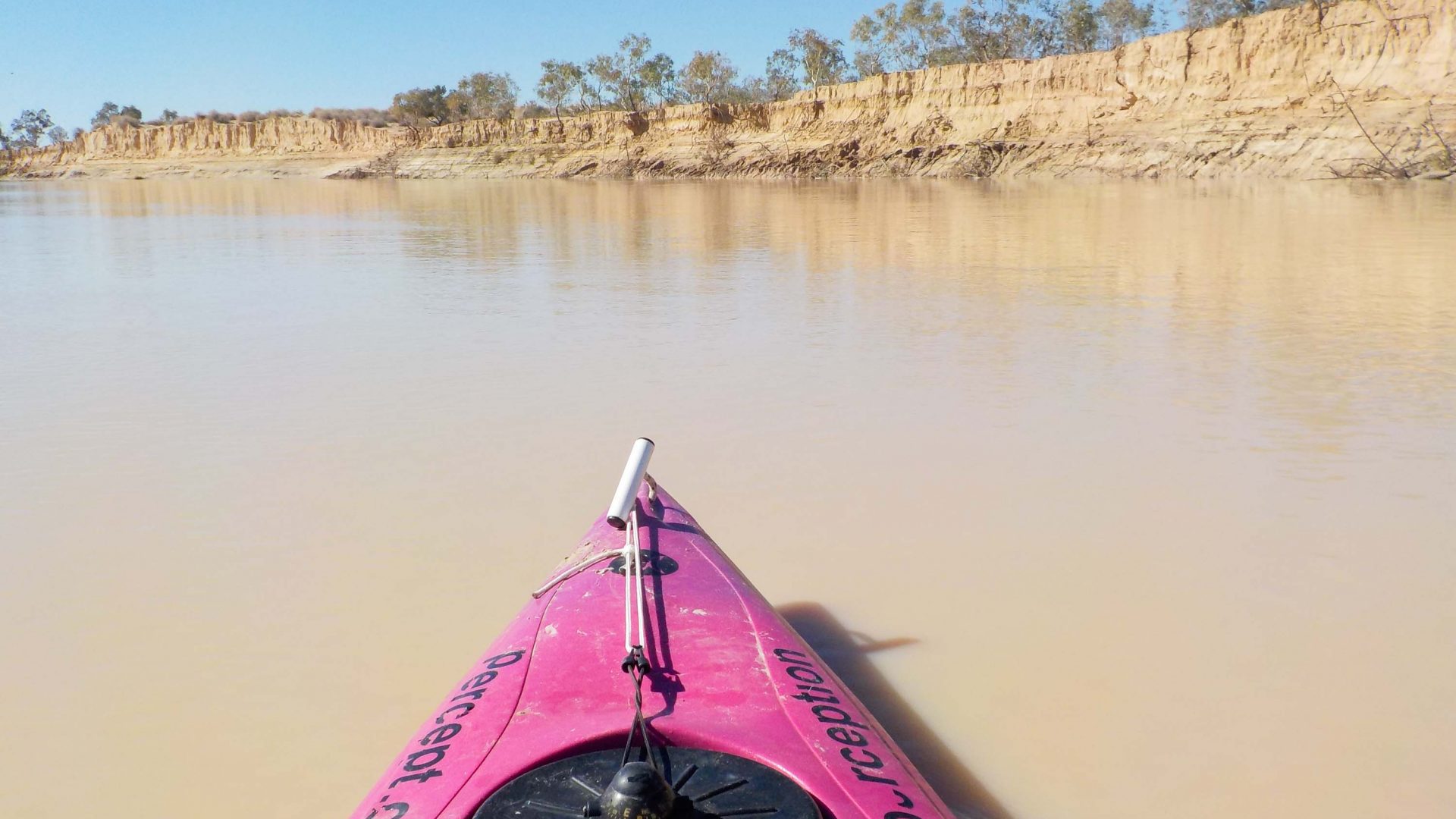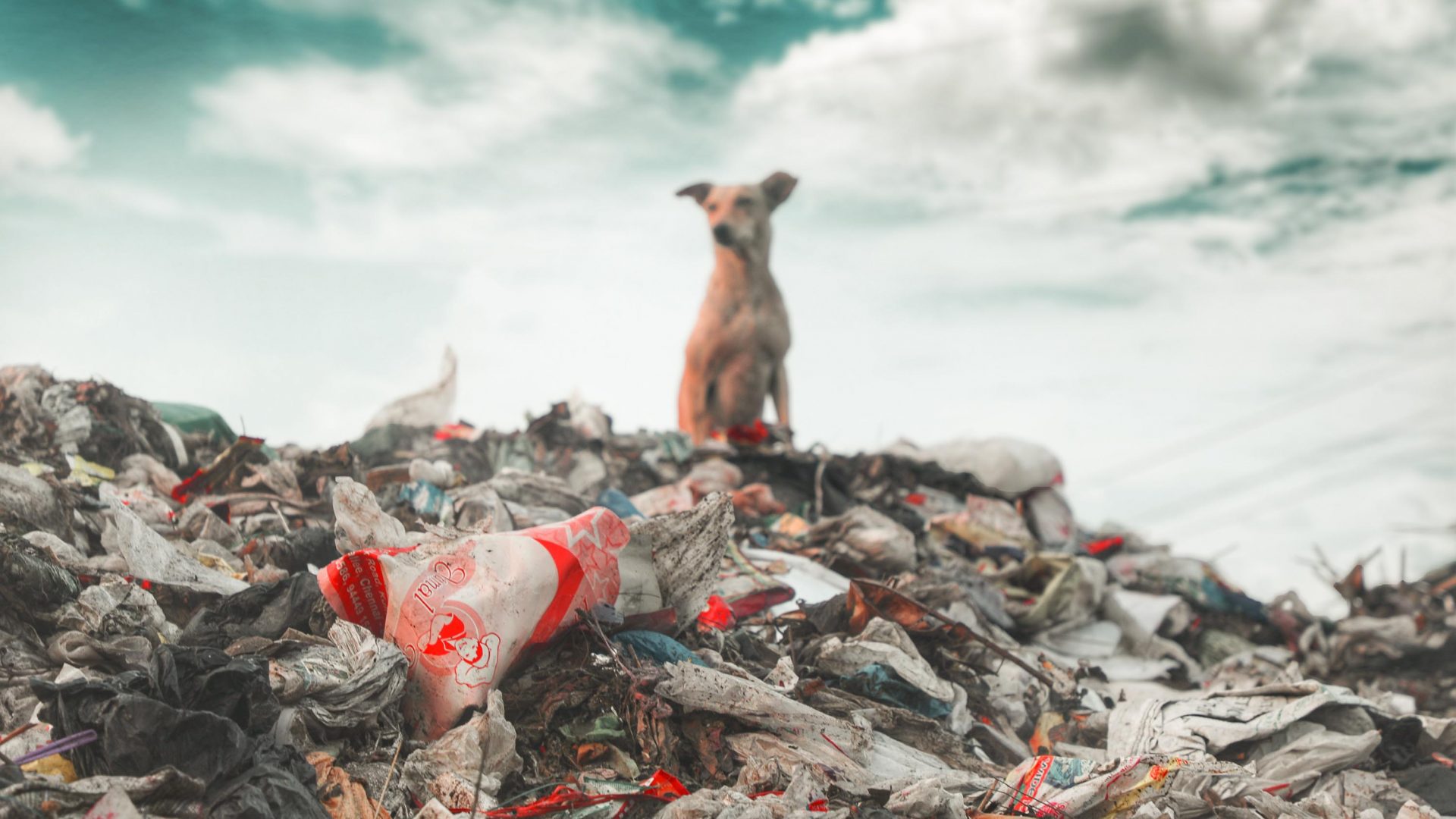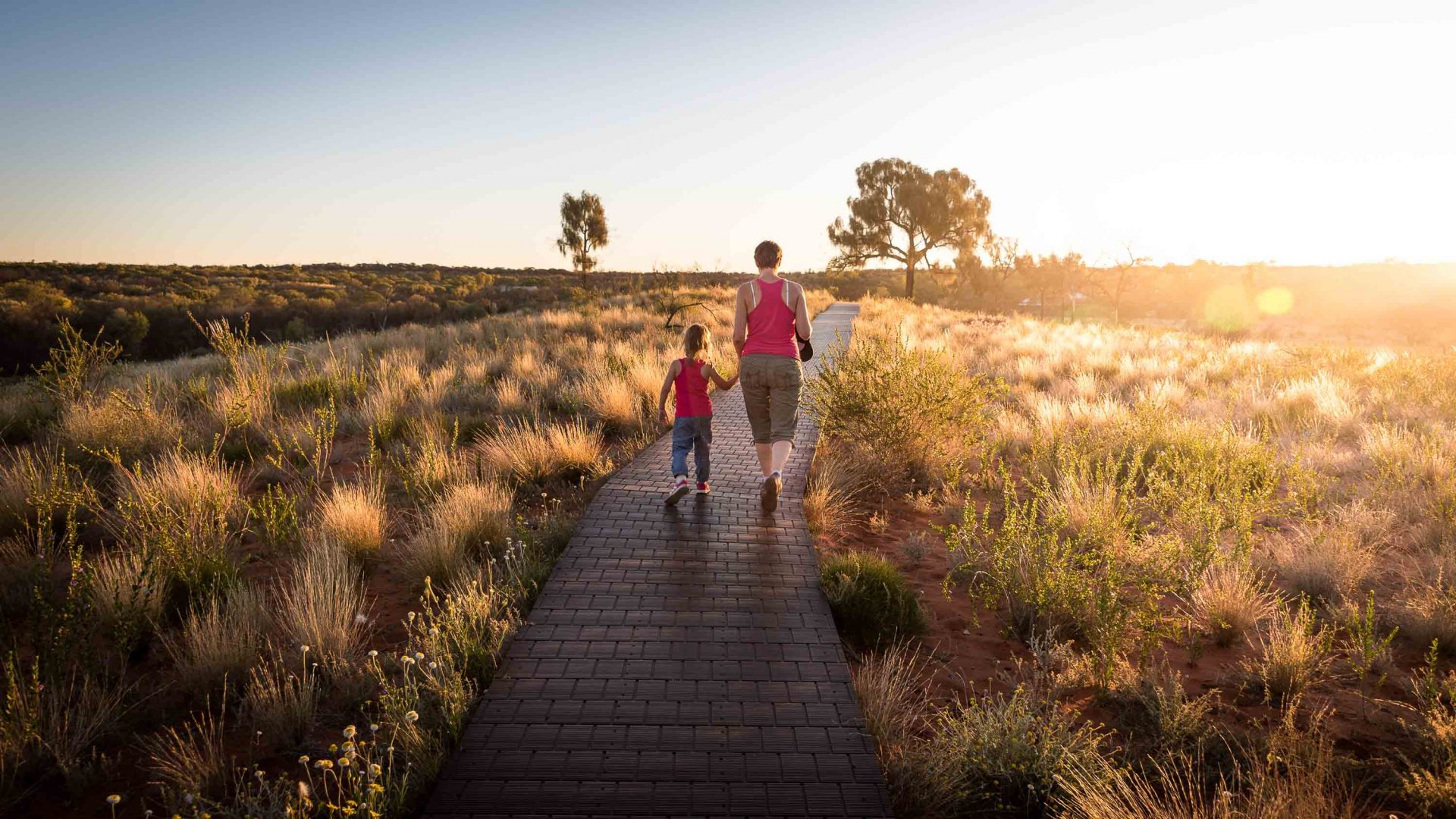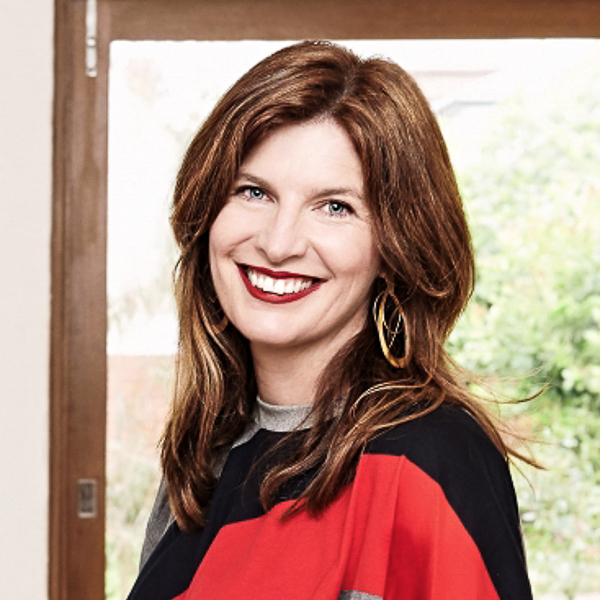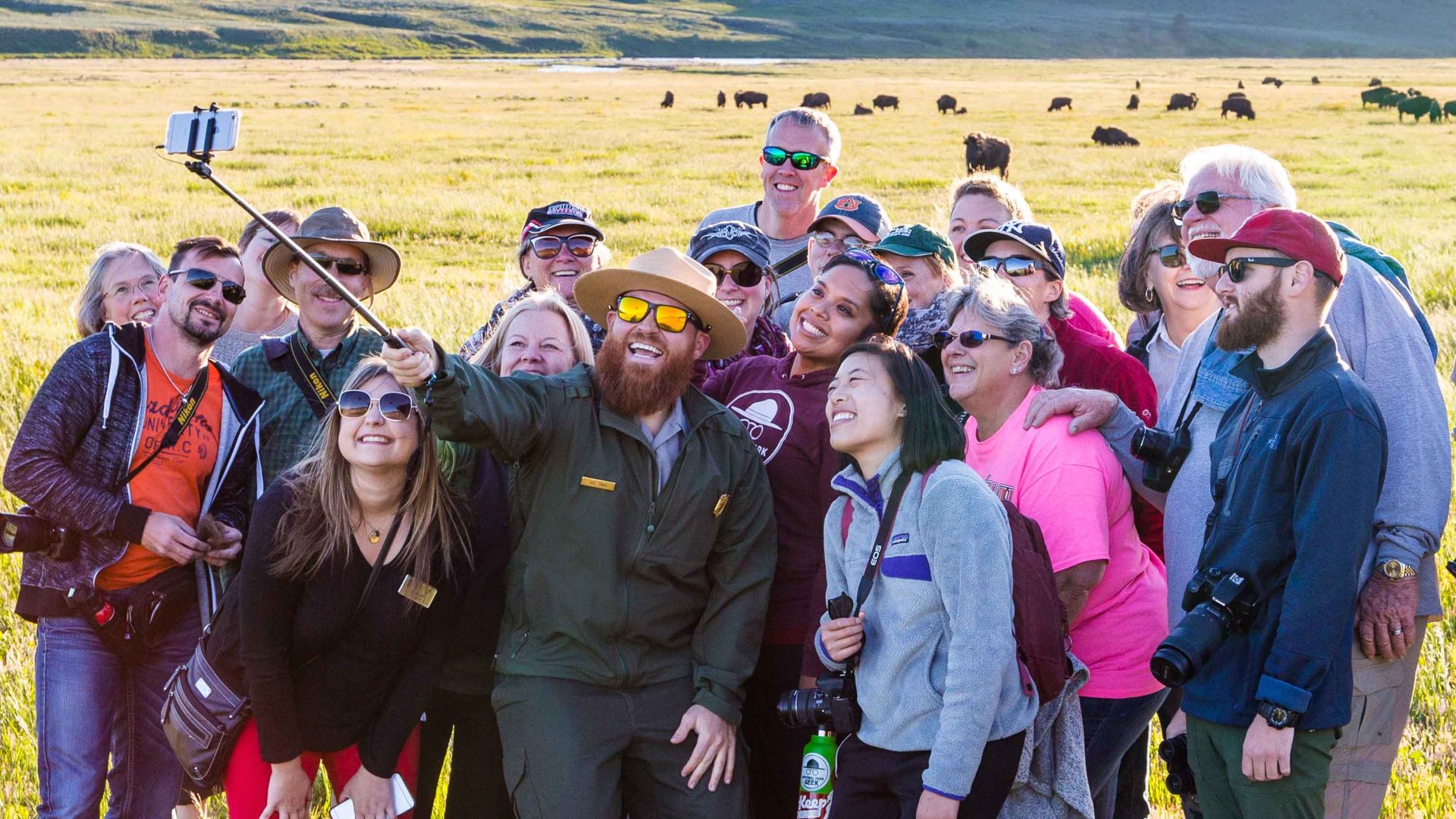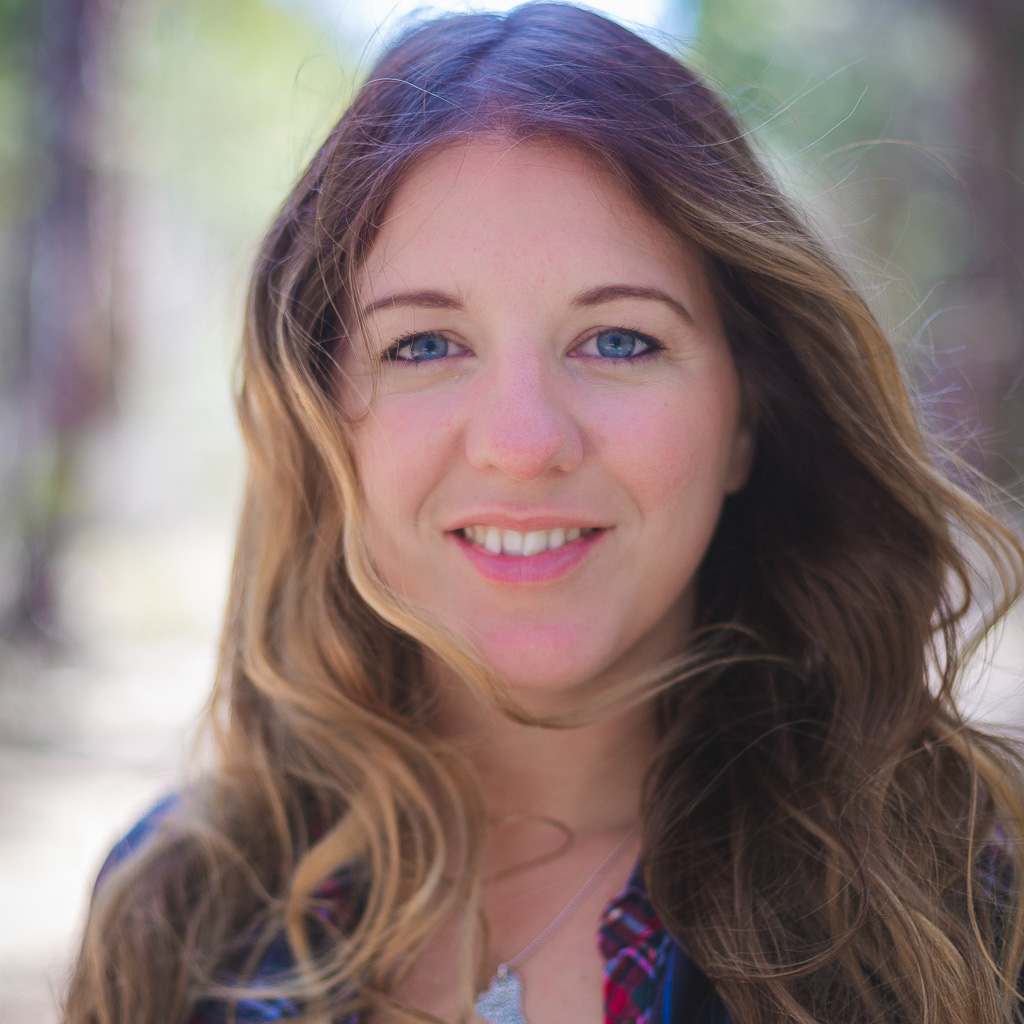For some, the climate crisis isn’t just cause for alarm; it’s a catalyst for action. Adventurer and environmentalist Huw Kingston sought to tackle the issue from the inside out by throwing his hat into the ‘snakepit’ of Australian politics for the 2019 general election.
I looked for water but the river ran dry. I could have cried and, if I had, my tears would have been the only thing flowing in those parts. I was in southern India with a plan to kayak—but no water to do so.
The day
before, in a hotel in the hill country of Andhra Pradesh, I’d made a decision
I’d been ruminating on for months. Swatting mosquitos after giving a keynote
presentation at an adventure travel conference, I decided to stand as a
candidate in the forthcoming Australian election. I’d never stood for any level
of government before, but I’d had enough.
All expeditions have a catalyst. The one
for this next journey had been four months earlier. In the midst of an
Australian winter, after some fine days touring and turning in the Snowy
Mountains, I skied back to my car. The high I was on took a dive when I
switched on the car radio and listened in disbelief to the news that another
sitting Prime Minister had been dumped by his own party. Australia was truly
now the coup capital of the western world.
I was angry that our elected representatives lived in another world where narrow, vested interests sucked oxygen that should be used for governing, not game-playing. Internal party politics were too often the lead story when focus needed to be on the most important issues of our times; none more so than climate change.
RELATED: The best way to help during Australia’s drought? Visit.
In the months since that winter day, every time I looked at my five grandchildren, I worried for their future, for what we should secure for that future. In those months, I mulled over the idea of standing for Parliament as an Independent candidate in my local seat of Hume in New South Wales. I knew that now, more than ever, was the time to stand up, not stand back. I wouldn’t think twice about heading off on a journey for three or four months, so why would I not give up such time for the future of my grandchildren?
I knew it wouldn’t be easy, but what worthwhile challenge ever is? I would be standing in a seat that had been Liberal (that means conservative in Australian politics) for nearly half a century. I’d be challenging a cabinet minister, Angus Taylor, our Minister for Energy. A man known for being rather reluctant to take meaningful action on climate change, and a man strangely less than enthusiastic about renewable energy.
It was widely expected his Liberal government would be beaten by Labor (Australia’s centre-left party), but, in a shock result, the Liberals returned to power with a slim majority. It seemed that we as a people, as a nation, had sold our children’s future down the river.
Locally, Angus Taylor retained his seat with little change to his vote. I came in third (of seven candidates) behind the two major parties—although this was a solid result from a first-time candidate with no party backing in a system favoring the party duopoly.
The re-elected member for Hume and now Minister for Energy AND Emissions Reduction, continues to deny the true trajectory of Australia’s carbon emissions, and continues to believe fossil fuels are the future.
But there were many positives as a result of my standing. I’d met hundreds of incredible people: Farmers involved in regenerative agriculture, communities reducing plastic pollution and protecting wildlife, organizations working in the areas of mental health and homelessness, companies building solar and wind farms.
As my campaign proceeded, I looked enviously westward into the deserts of central Australia. Not one but two massive rain events had hit Far North Queensland early in the year and, over the following months, floodwaters soaked southward for thousands of kilometers.
RELATED: Is zero-waste travel actually possible?
All these watery tentacles ultimately lead to Lake Eyre, Australia’s lowest point and largest lake. Kati Thanda, as it’s known to the Arabana traditional owners, rarely holds water; the desert drinking up any flow as it heads toward the lake. For a few years, I’d had a plan for when this rare event might next take place and now it was happening; the desert rivers were flowing.
I’d spent more time in a collared shirt during the election campaign than I ever had before. With the election out of the way, I reckoned a river journey was still a possibility before all was dry again; a desert campaign of sorts. After the fun and games of the previous months, it seemed a perfect way to reset my compass.
